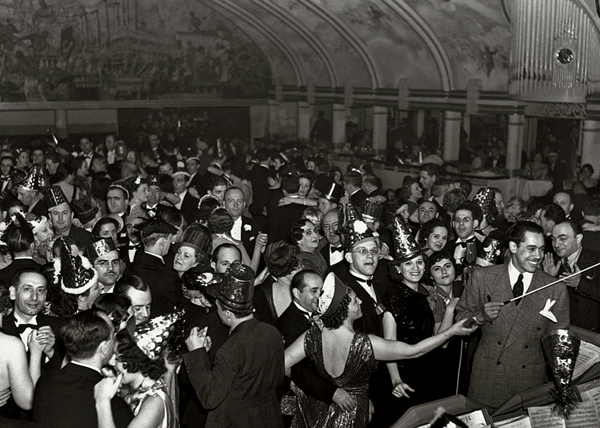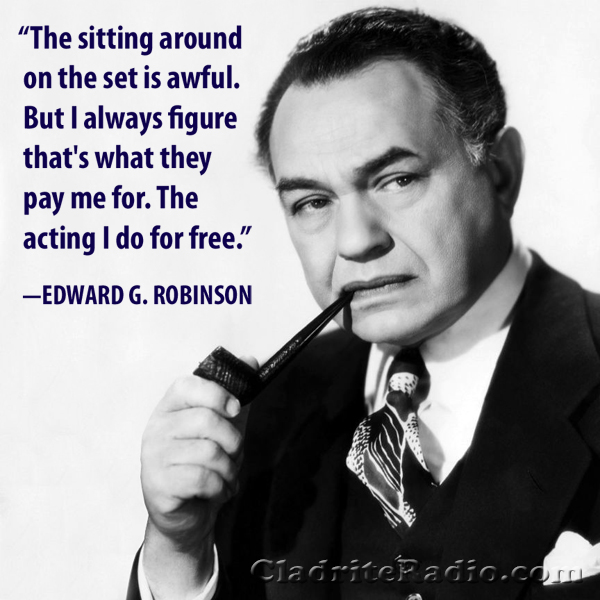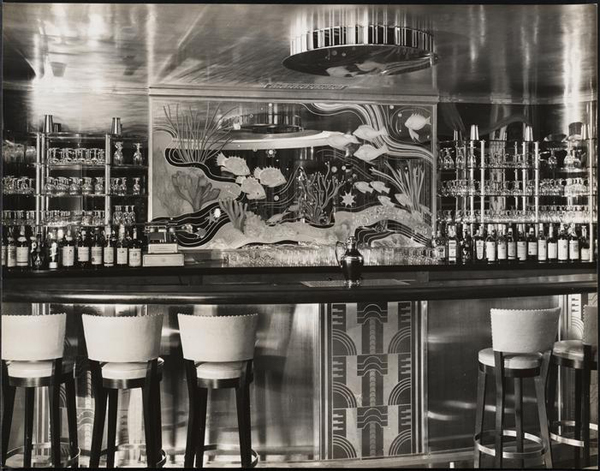Cab Calloway and his orchestra at NYC’s Cotton Club on New Year’s Eve, 1937? That would make for a memorable New Year’s Eve, indeed! Where do we buy our time-machine tickets?
Happy New Year to Cladrite readers and listeners everywhere! If Cladrite Radio goes off the air tomorrow, as we fear it will (it’s out of our hands—see this post for more info), please keep your eyes on this space, where we’ll post any new developments.





